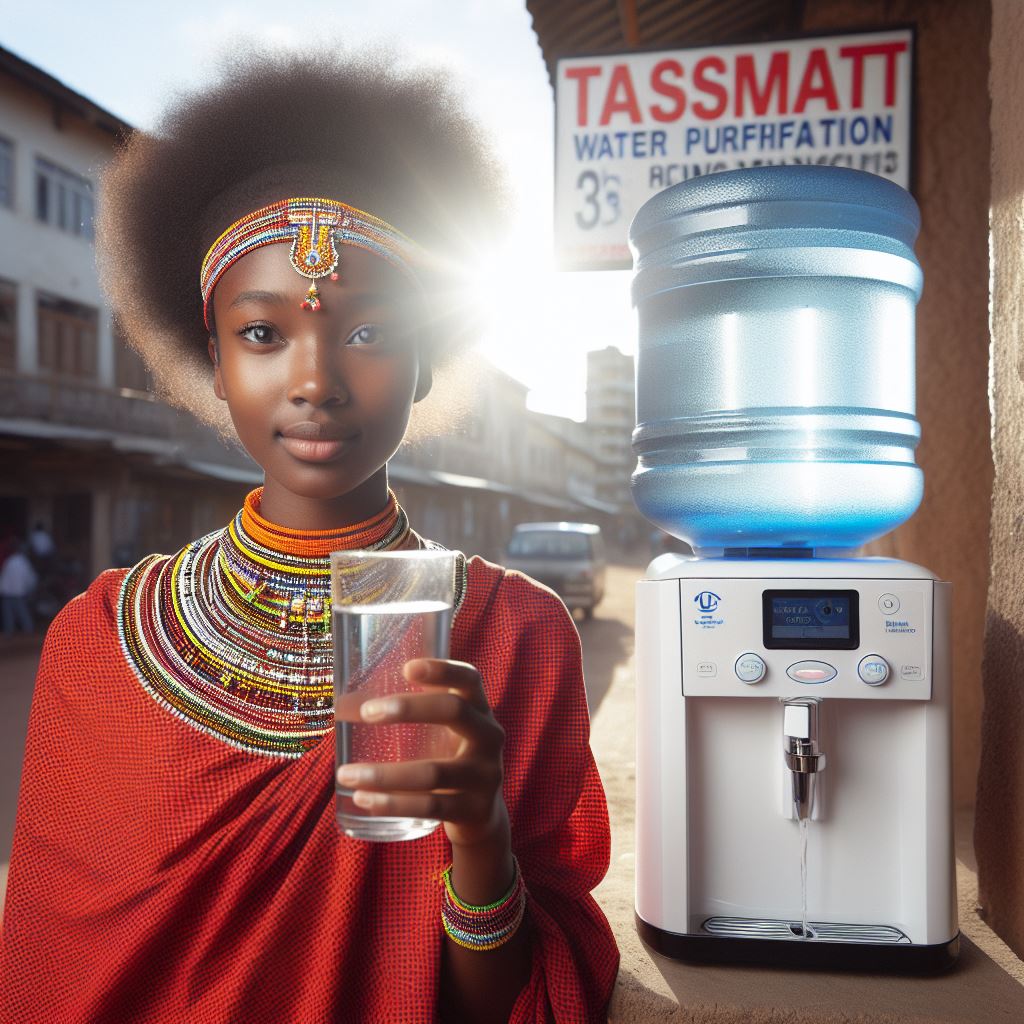Contaminated water could lead to many health issues. Moreover, the scarcity of this resource also makes it important to be purified and reused. Therefore, water treatment is a crucial task for industrial, commercial, as well as residential areas in Kenya.
When we talk about water filtration systems, there are multiple options available and all of them have their own benefits. However, we need to keep in mind certain things before we choose the best option to use. Our basic requirements should match with the technical specifications of the system.
Types of Water Purifiers
There are various types of water purifiers with different types of purification technologies. Additionally, each water purifier comes with a proprietary set of features. It’s important to understand the different types and their capabilities to make an informed decision. Here are the most common types of water purifiers:
RO Water Purifier
You might have heard about RO water purifiers and it’s magical capabilities from your favourite aunt.
And she’s not entirely off regarding its amazing technology, RO water purifiers eliminate heavy metals, Arsenic, Fluorides, toxins, and various microorganisms using the reverse osmosis process (water filtered through a semi-permeable layer). As it is highly effective, it can even get rid of essential minerals.
UV Water Purifier
UV water purifiers, on the other hand, use a unique high-powered UV lamp to kill bacteria and viruses from the water.
Not only can UV water purifiers effectively remove microbes, but they do so without eliminating the essential minerals in the water.
Most importantly, it does all this without adding any chemicals to the water. This type of purifier is best for municipal corporation water with a low TDS of 200 ppm and below.
UF Water Purifier
UF water purifiers are similar to RO as these also use a semi-permeable membrane to eliminate contaminants.
The only difference is that the membrane in the UF filter comes with larger pores than RO. So, it can remove large impurities and undissolved particles. However, it, unfortunately, cannot reduce TDS and is usually used in combination with RO or UV.
There are various factors such as water quality & pressure, pH level, space available, etc. which should be considered before finalizing the best purifier.
WATER QUALITY
The first step before installing a water filter is to know about the water. Testing the water quality gives a clear idea about the type of purifier required to treat the water as different filtration systems eliminate different impurities. The one-size-fits-all formula is not applicable here. Therefore, testing the water quality and identifying the impurities present in it is a crucial step before finalizing the purifier. Now you know the hardness, iron, Sulphur, and pH levels of your water. T
SOURCE OF WATER AND TDS LEVELS
Total dissolved solids (TDS) in water can be checked with a TDS meter. Usually, a high level of TDS is present in groundwater sources, whereas, city council water has comparatively low TDS levels. Identifying these levels helps you select the system that suits you best. In a low TDS level, most of the time, some essential salts and minerals are removed from the water which can be contrary to good health in the long run.
TDS should be at an approximately accurate level which is recommended for good health. Hence, a purification system is selected on the basis of the TDS levels keeping intact the amount of minerals and salts required by our body.
WATER PRESSURE /FLOW RATE
The pressure of the water or flow rate is to be checked before finalizing a water filtration system as these have a particular range of pressure to work more efficiently.
CHEMICALS IN THE WATER
Once the water test is done, you will know which minerals and salts are present in the water and at what percentage. This is important because at times it may so happen that a particular water treatment system may remove or reduce one contaminant but increase or add another. For example, if you install and an iron exchange system, usually perfect to remove/reduce iron and manganese, it may add sodium to the water. It could be harmful to high blood pressure patients.
MAINTENANCE AND COST OF CONSUMABLES
Besides the initial cost of the system and installation, maintenance is also a part of the package. The membranes and cartridges need to be replaced periodically. Consider this point as well.
Water from the tap may be clear but it is quite possible that some invisible purities are present which are not good for our health. Therefore, water purifiers are becoming extremely popular with the most advanced technology. Choose a particular water filtration system that suits your needs. The above points will definitely help you to finalize the best one for your area.
Now that you know what to think of when buying a water filtration system, all you need to do is contact a reputable company like Tassmatt Limited to purchase one. At Tassmatt Limited, we have the best range of water filtration systems in Kenya. Our experts will work towards understanding your needs and help you choose the right equipment.
For more information about water filtration products and services, please call us via +254 726410068
